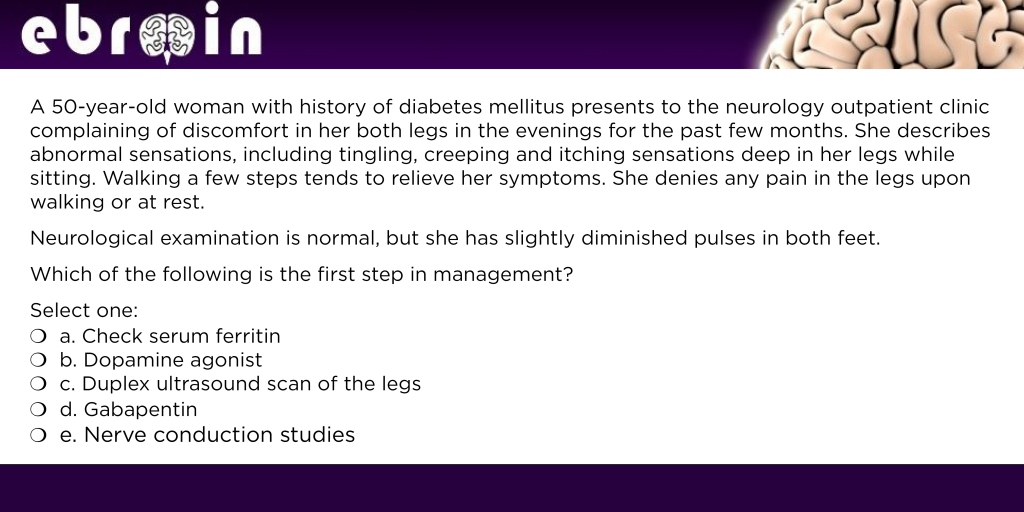
Drug Science is implementing Project TWENTY21 with the goal of providing medical cannabis to UK patients who may benefit from it. In the first instance, the Pilot will be targeting the following patients and situations, specifically focusing on times in which alternative treatment has failed:
- Chronic pain
- PTSD, with a focus on the veteran community
- Multiple sclerosis
- Tourette’s syndrome
- Prison populations as a harm reduction strategy
- Cannabis use disorder and substance use disorder as a harm reduction strategy
To achieve this goal, Project TWENTY21 will develop a body of evidence using a real-world data registry which documents the efficacy, safety, QALY and patient reported outcomes in those prescribed medical cannabis.
This data will then be used to support applications to health authorities in the expectation that there will soon be a new regulatory system for medical cannabis in the UK.
Drug Science is in the final stages of appointing a clinician and management team for Project TWENTY21, led by current CEO David Badcock.
Drug Science Chair Prof David Nutt FMedSci said:
Cannabis was a medicine in the UK for over a century until 1971 when it was banned for political reasons. Since then hundreds of thousands of patients have been forced to break the law to get a treatment that most find preferable to their previous prescription medicines. Despite the UK making cannabis a medicine in November 2018 there have as yet been only a handful of prescriptions on the NHS. To rectify this impasse Drug Science has joined forces with the United Patients Alliance, leading academics and several medical cannabis producers to open up a treatment network for up to 20,000 patients. This will allow patients to get vital therapy without breaking the law. It will also provide a solid clinical database from which experience of and confidence in, medical cannabis prescribing will develop, providing a foundation for other medical prescribers to build on.
More information can be found about the pilot, which is scheduled to commence in Q4 CY19, at http://www.mycannabisaccess.co.uk
About Drug Science
Founded in 2010 by Professor David Nutt following his removal from post as Chair of the Advisory Council on the Misuse of Drugs, Drug Science is the only completely independent, science-led drugs charity, uniquely bringing together leading drugs experts from a wide range of specialisms to carry out ground-breaking original research into drug harms and effects.
Its highly cited papers on all aspects of drug effects and harms attract global coverage and considerable public interest. Drug Science reduces the harms of drugs to the public through providing objective information on drug effects, harms and potential medical uses to the public, professionals and decision makers.
To learn more, please visit: http://www.drugscience.org.uk
About United Patients Alliance (UPA)
Founded in 2014, the UPA is the UK’s first medical cannabis support group, run by patients, for patients; United Patients Alliance provide tireless advocacy, compassionate campaigning, and essential education, to safeguard the patients’ voice in advancing legal access to cannabis therapeutics.
To learn more, please visit: http://www.upalliance.org
About Althea Group Holdings Limited (AGH:ASX)
Althea is an Australian licensed producer, supplier and exporter of pharmaceutical grade medicinal cannabis and is listed publicly on the Australian Securities Exchange (ASX:AGH). Althea also offers a range of education, access and management services to support eligible patients and healthcare professionals in navigating medicinal cannabis treatment pathways.
Althea currently operates within highly regulated medicinal cannabis markets including Australia and the United Kingdom, with plans to expand into emerging markets throughout Asia and Europe.
To learn more, please visit: http://www.althea.life
About Alta-Flora
Alta Flora’s mission is to improve health and wellbeing through our plant-based products and carefully selected technologies. Our world-class team brings together talent and expertise from science, engineering, medicine and commerce to bring our vision to fruition. We strive to manufacture according to the highest European standards and distribute our botanical products to patients around the world.
To learn more, please visit: http://www.alta-flora.com/en/
About Cannuba
Cannuba Holdings is a group of companies specialising in the investment, production, licensing and sale of high-quality medicinal Cannabis-based products distributed globally. Formed in 2018, Cannuba’s management team has combined their expertise and resources to create a unique integrated model: R&D, farming, processing and manufacturing. http://www.cannuba.com/


